Med vår kostnadsfrie hjelp får du tilgang til universiteter over hele verden og til ulike fakulteter, inkludert tannlege-, medisin- og veterinærprogrammer. Du kan velge å ta en hel grad, eller bare et semester eller et år for å få en liten smakebit på studielivet.
Alt i alt kan det å studere i utlandet være en fantastisk mulighet. Det gir deg erfaring og fantastiske minner som vil vare livet ut. Det kan være utfordrende å tilpasse seg til en annen kultur og nye omgivelser, men for de som velger å gjøre det, vil det garantert være en opplevelse for livet.
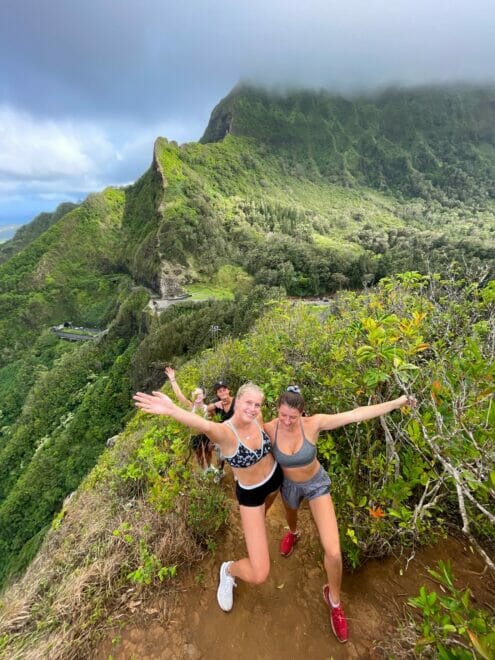
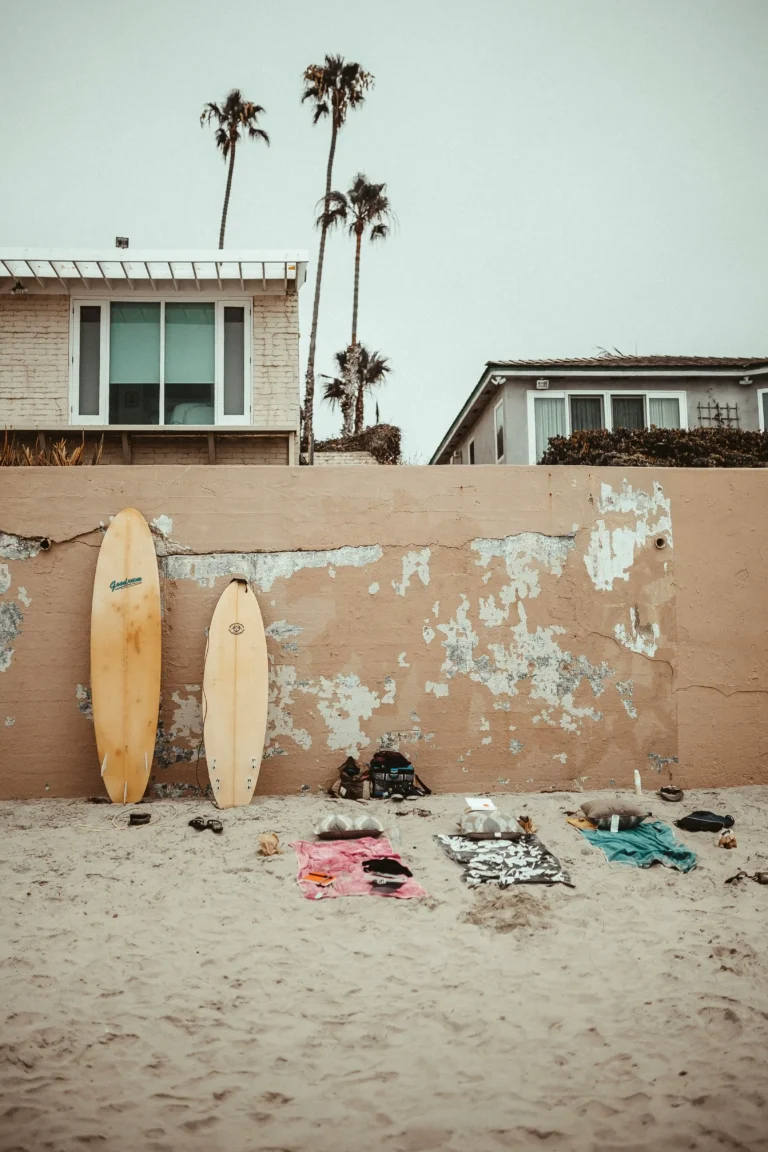

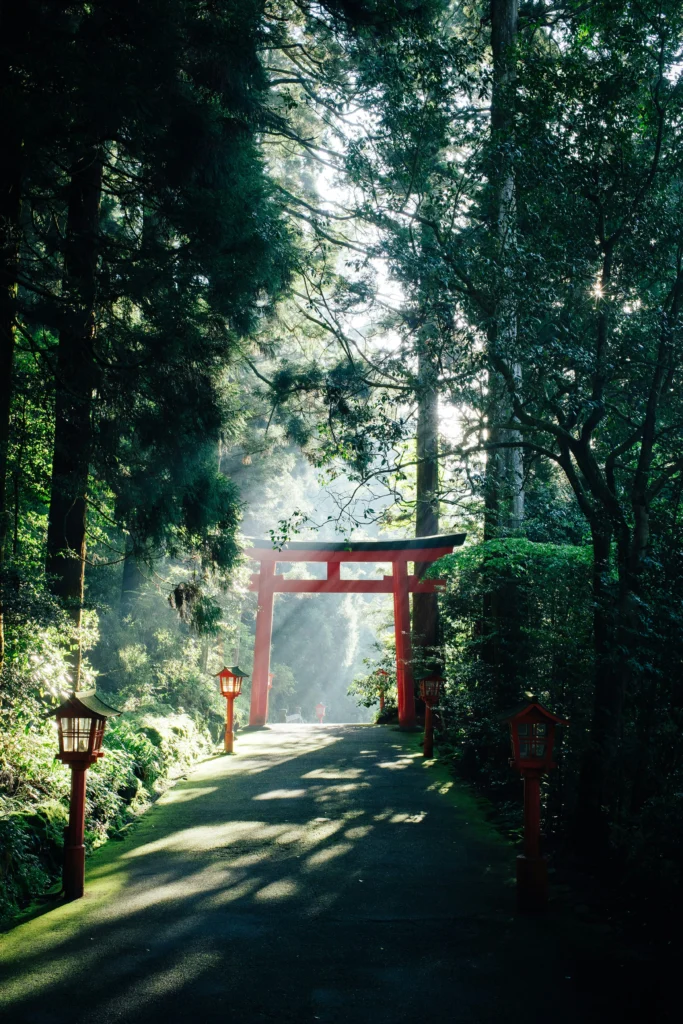
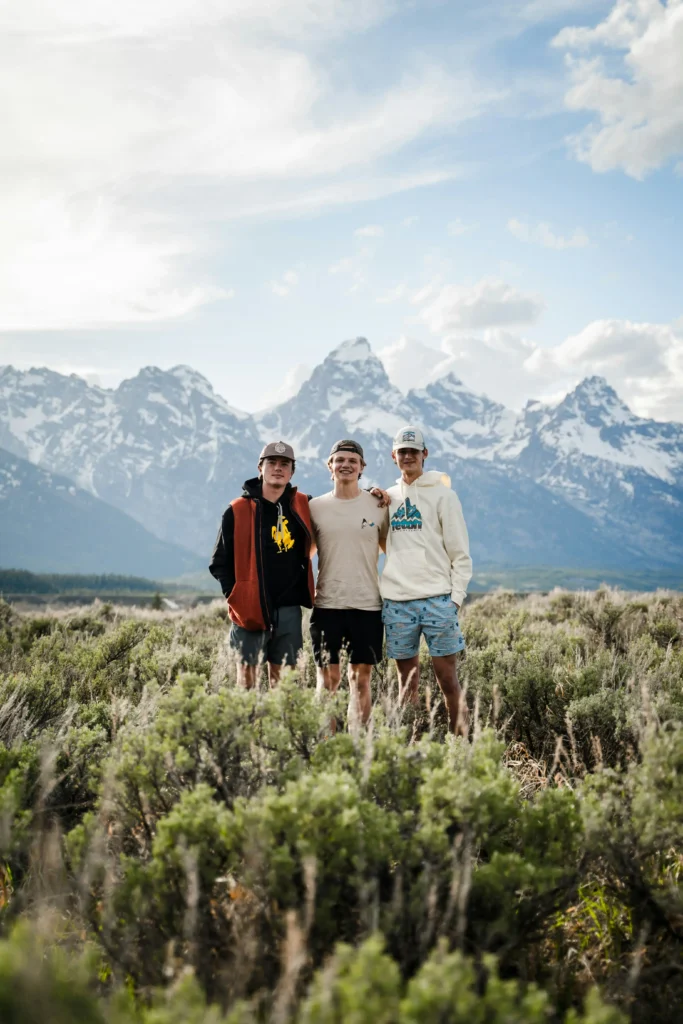
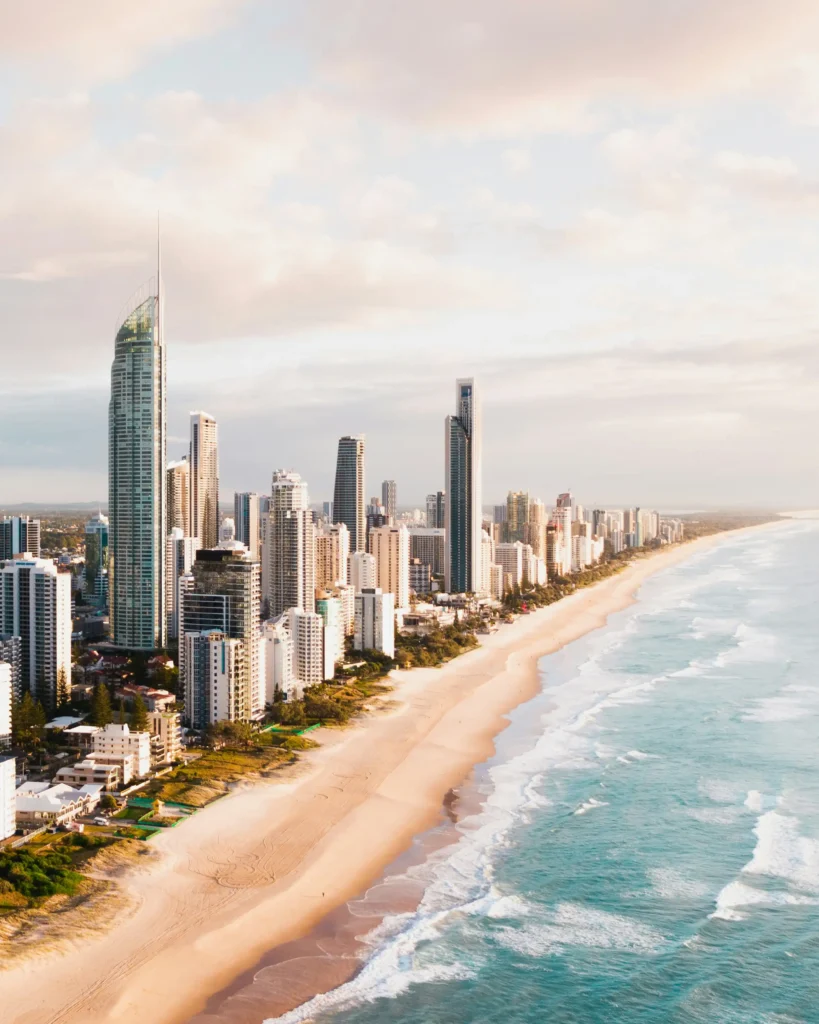


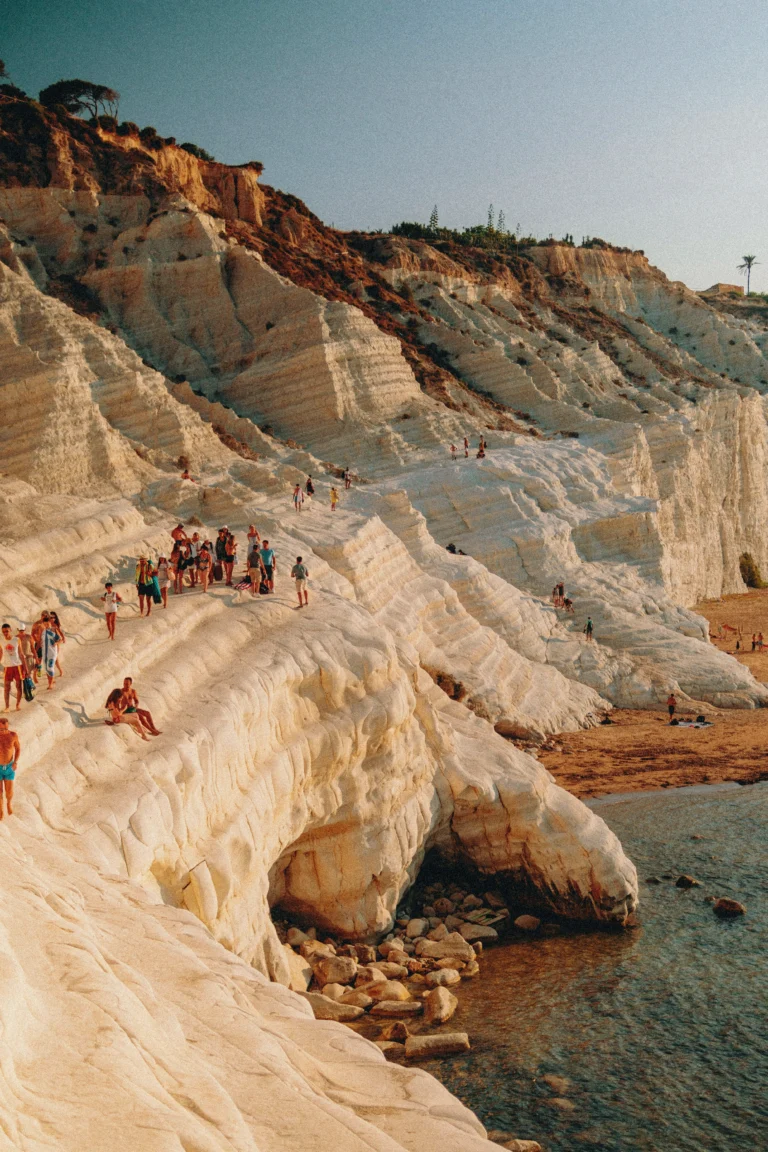

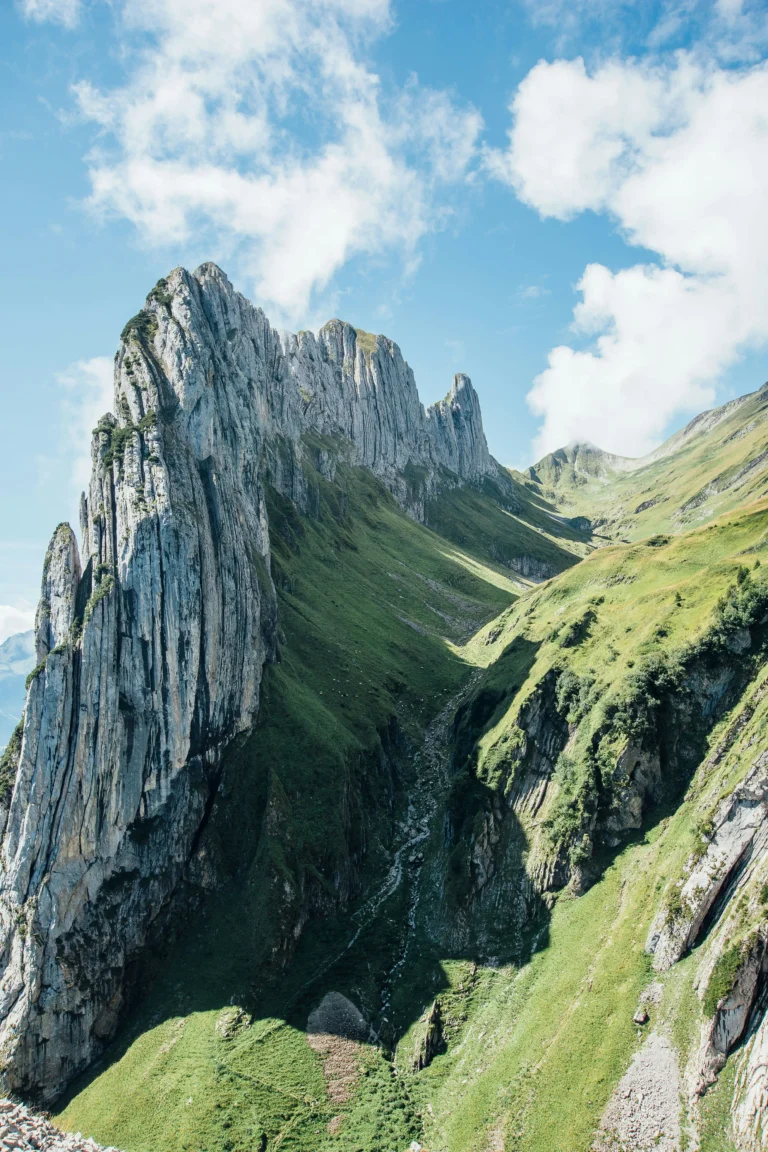


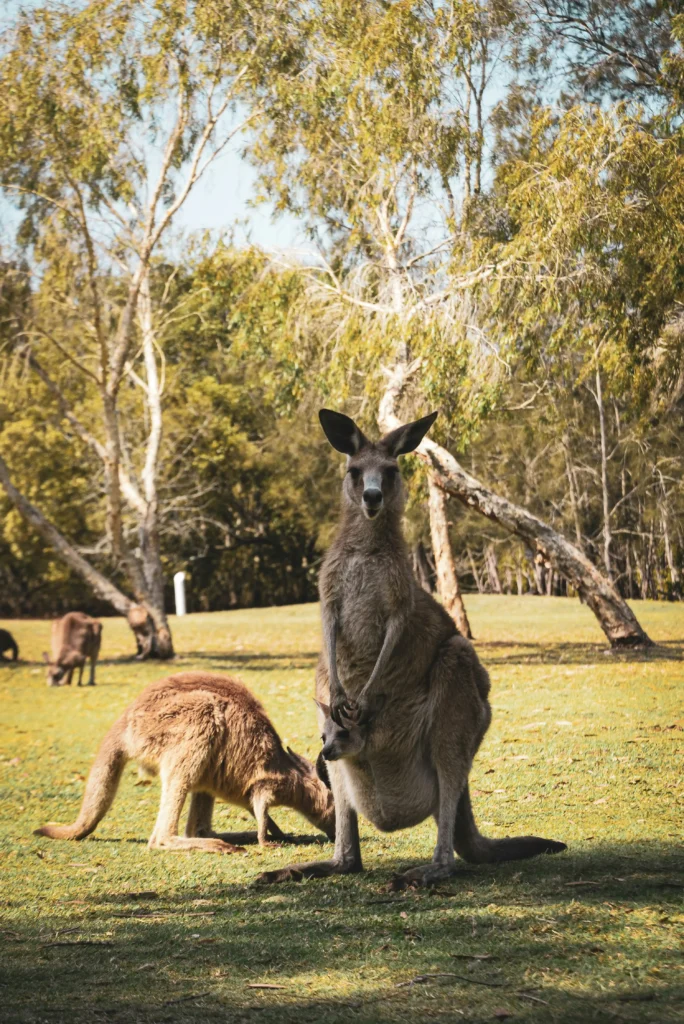

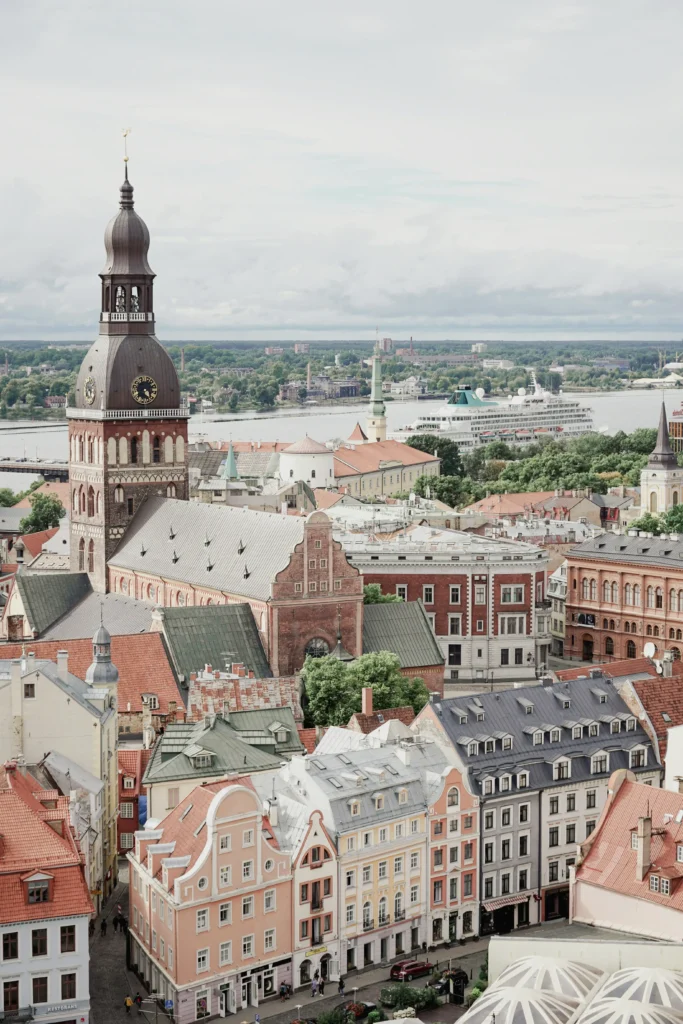
Prosessen med å velge og komme inn på et universitet kan være svært komplisert, det vet vi, og derfor har vi som mål å maksimere sjansene for tilgang og minimere innsatsen for norske studenter… til hvilken pris? Ingen!
SONORs hjelp er helt gratis. Universitetene betaler oss for hver student som registrerer seg med vår hjelp, noe som betyr at Study Outside Norway (SONOR) ikke har noen direkte kostnader for deg, bare fordeler.
SONOR hjelper og veileder deg når det kommer til alt fra valg av land, universitet, studieretning, økonomiske spørsmål og stipend, og alt annet du måtte lure på. Våre rådgivere har selv erfaring med å studere i utlandet og er godt rustet til å hjelpe deg gjennom hele din søknadsprosess. Uansett om du allerede har bestemt deg for land, universitet eller studie, eller ikke har bestemt deg for noen ting så hjelper vi deg med akkurat det du har behov for.
Å ha kontroll på hele søknadsprosessen når du skal studere i utlandet kan være litt overveldende. Det er derfor vi i SONOR er her for å hjelpe deg. Våre dyktige rådgivere bistår og rådgir deg med å finne studiestedet som er riktig for deg. Få svar på alt om stipend, økonomi og forsikring, fylle ut selve søknaden og motivasjonsbrevet, og alt annet du trenger hjelp til og lurer på. Her kan du lese mer om hvordan du søker studier i utlandet.
Uansett om du allerede bestemt deg for hvilket land, studie og studieretning du ønsker for dine utenlandsstudier, eller ikke har peiling på hva du ønsker så er et godt første steg å registrere deg for gratis studieveiledning hos oss i SONOR. Har du allerede bestemt deg? Flott! Da kan vi allerede begynne på neste steg. Har du ikke bestemt deg? Frykt ikke – vi rådgir deg på hva som kan passe, så finner vi ut av det beste alternativet for deg.
Med hjelp fra oss i SONOR kan du komme inn på universiteter i USA, Australia, Storbritannia, Singapore, Irland, New Zealand, og flere universiteter i Europa dersom du ønsker tannlege-, medisin- eller veterinærutdanning.
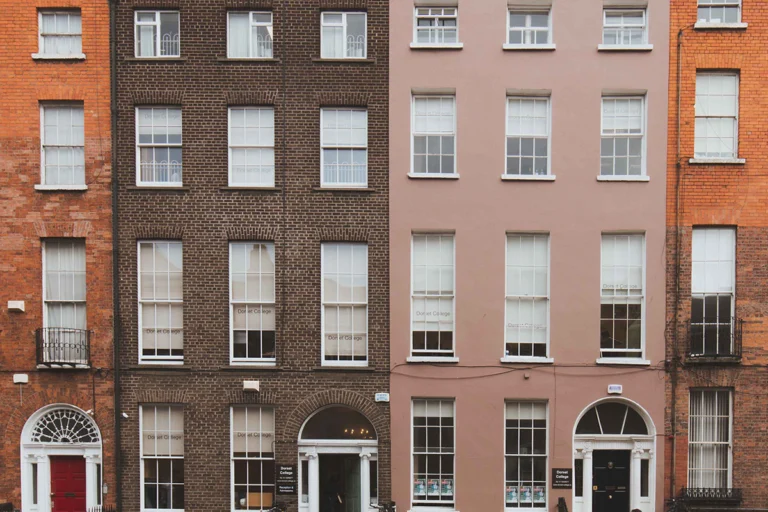
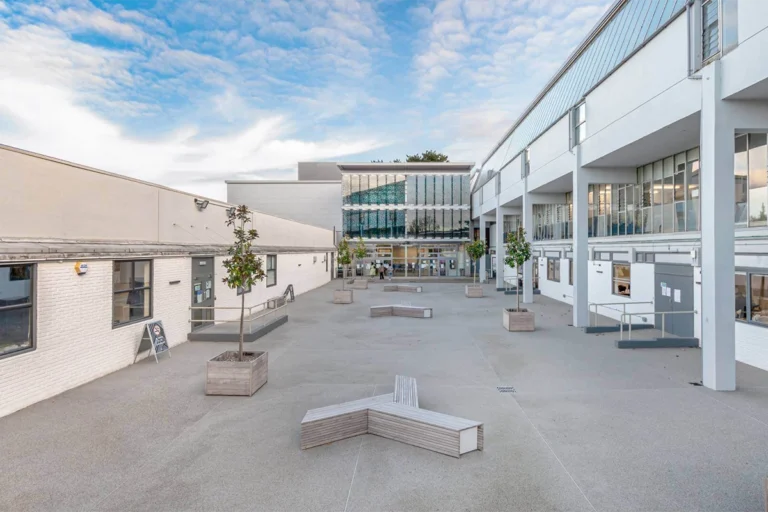
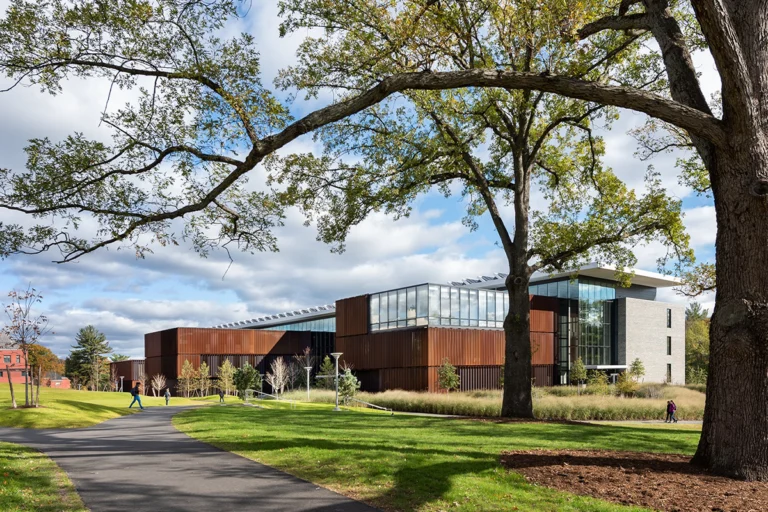
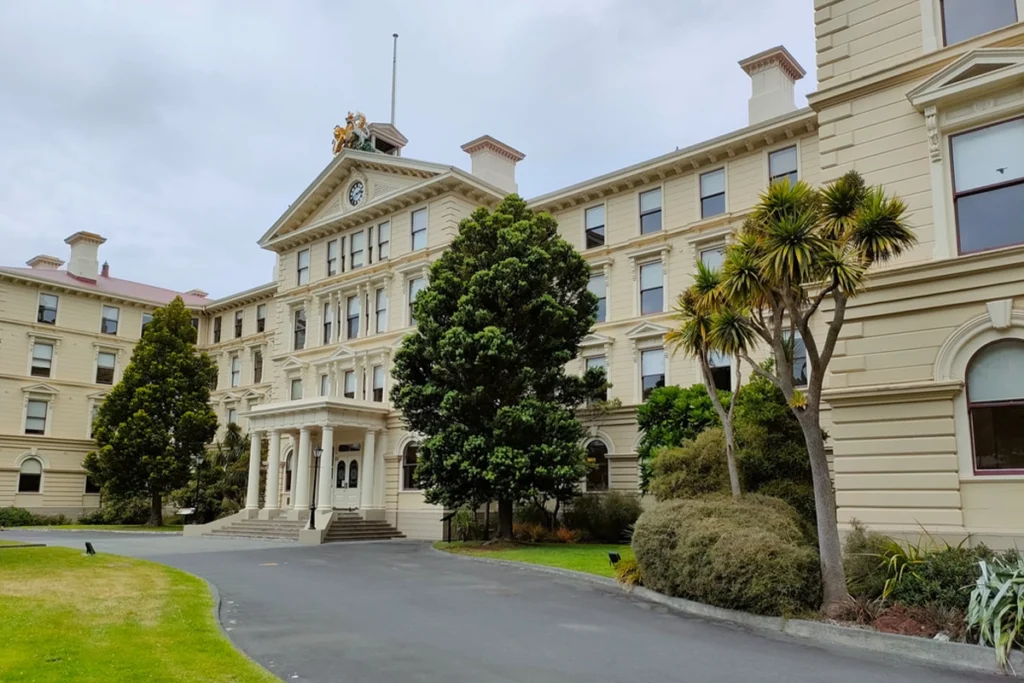
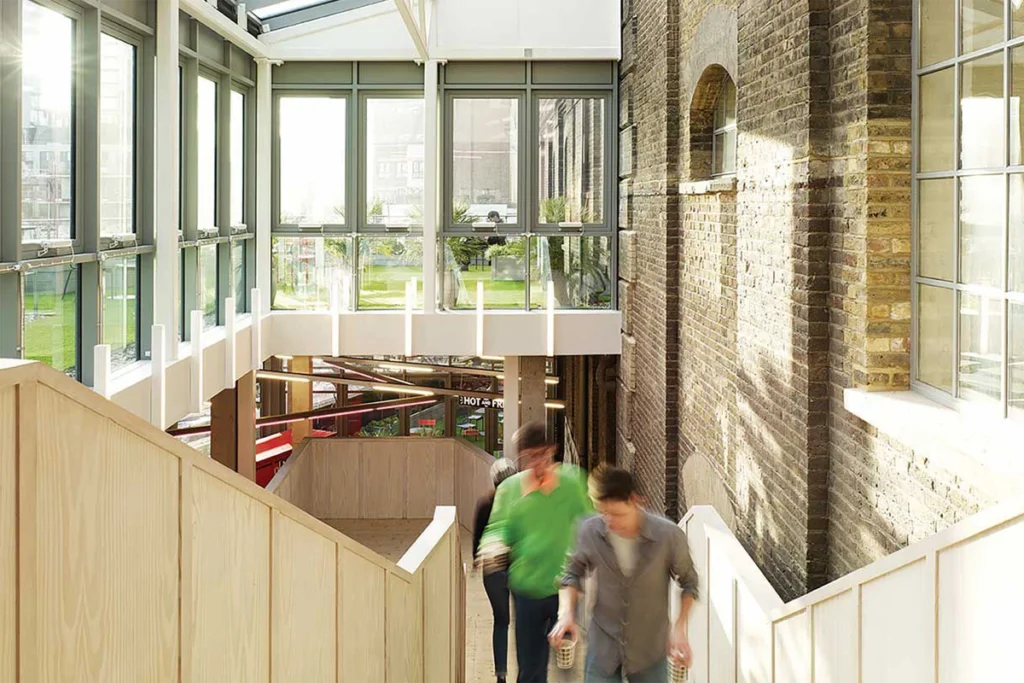
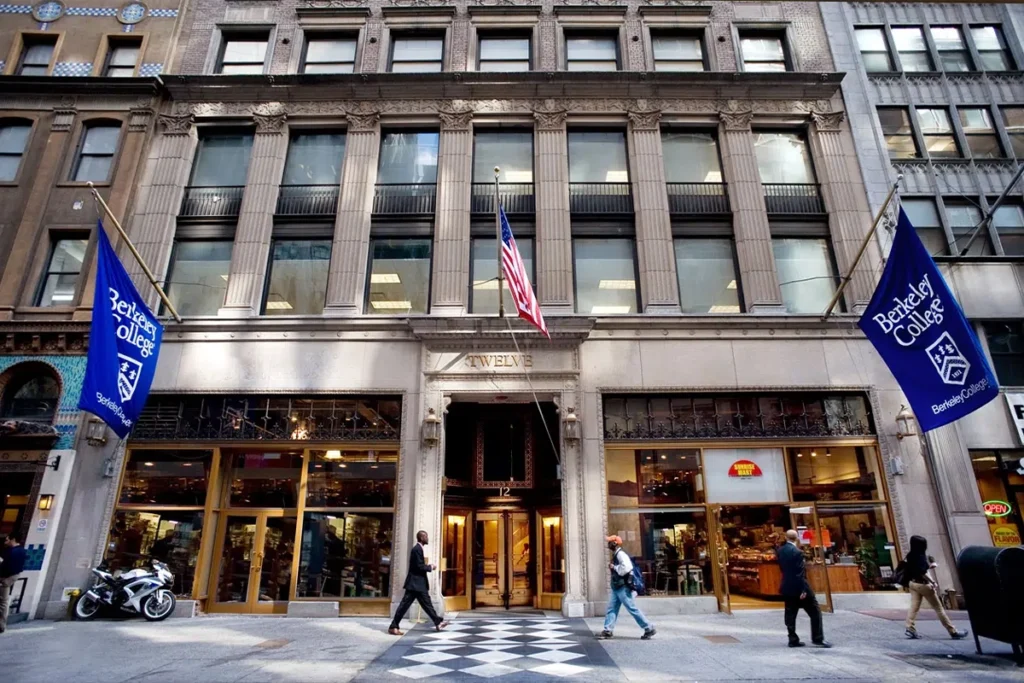
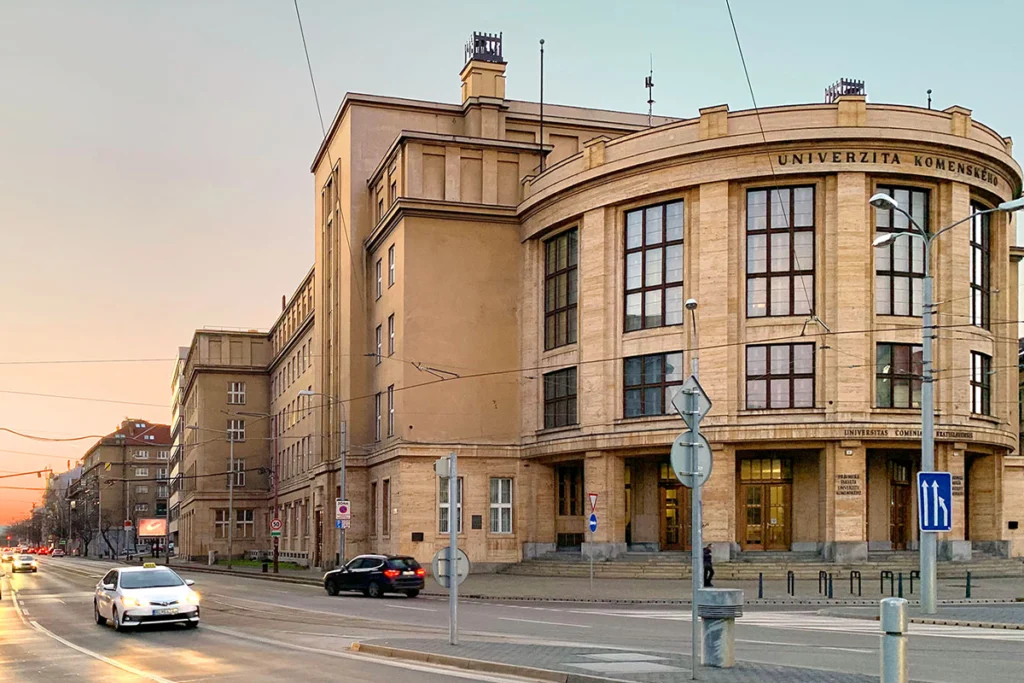

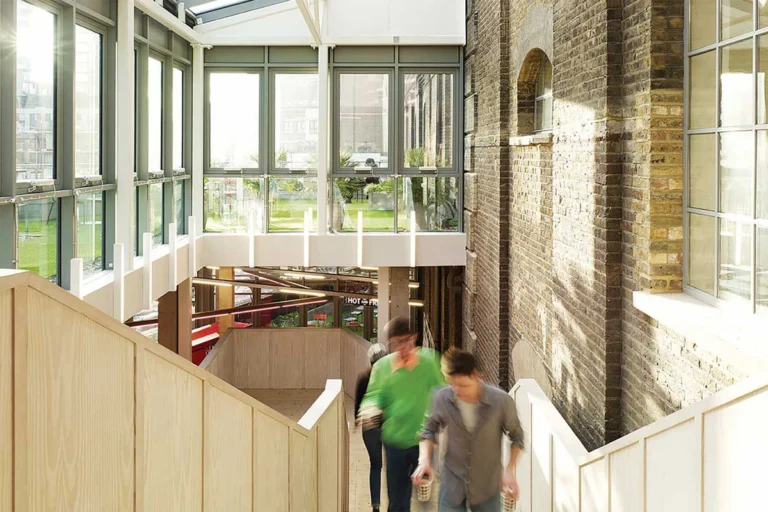
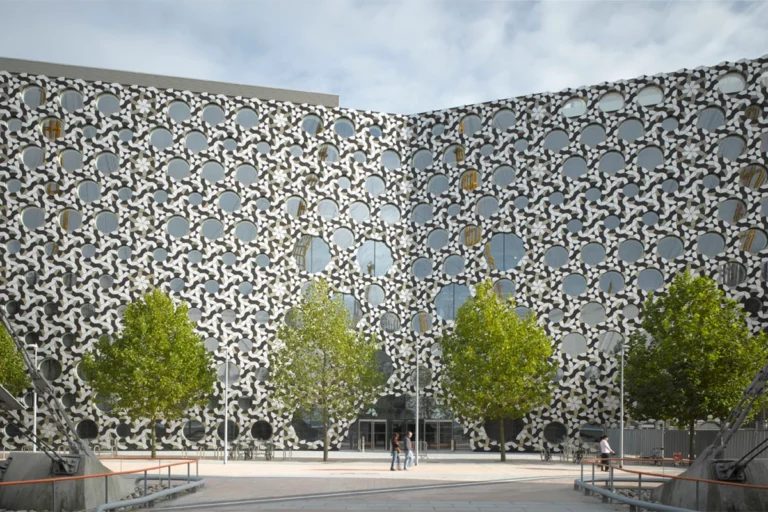
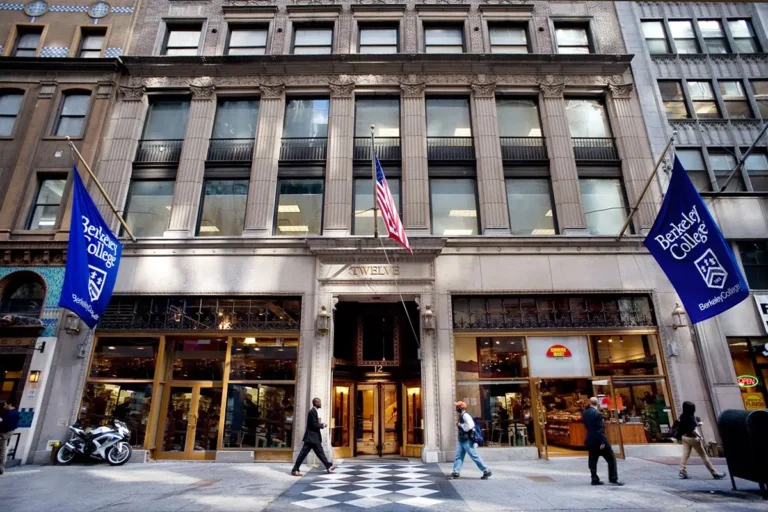





Det første som kan være utfordrende når du vil studere i utlandet, er å velge land, universitet og riktig fag. Det er mange ulike faktorer som spiller inn i denne beslutningen – og det er opp til deg å avgjøre hva som er viktigst for deg.
Noen synes landet de studerer i er det viktigste. Her kan både kultur, klima, turmuligheter og kostnader være viktige vurderingsfaktorer. Kanskje passer solfylte Australia, storbyene i USA eller businessmetropolen Singapore for deg?
For noen er et spesifikt universitet den viktigste vurderingsfaktoren. Kanskje er et universitet med mye medisinpraksis kort vei fra Norge viktig? Eller kanskje anerkjente Berkeley College i New York?
Fagtilbudet til universitetene kan også være en ting som er viktig å vurdere. Vil du studere økonomi, markedsføring, medisin, eller noe helt annet? Vi hjelper deg uansett med å finne frem til et universitet som tilbyr den utdanningen du ønsker deg.
Når du har bestemt deg for land, universitet og studieretning er neste steg å sende inn søknad til universitetene. Det hjelper vi deg gjerne med! Fordelen med å få hjelp av SONOR er at vi kan søknadsprosessen, vet hvilke dokumenter som trengs og hva som fylles ut hvor. Mange steder slipper du også å betale søknadsavgift om du får hjelp av oss, så her kan du spare noen tusen bare på det!
I tillegg til å sende inn søknad er det lurt å starte med å søke stipend for å finansiere din utdanning. Utdanning i utlandet er sjeldent gratis, men vi hjelper deg gjerne med å finne ut hvilke stipender og studielån du har rett på. Her kan du lese litt mer generelt om hva du kan få fra lånekassen. Vi hjelper deg selvsagt å se på de andre stipendmulighetene du har.
Hvis du er i tvil om hva det koster å studere i utlandet, får du noen raske svar her. For mer informasjon, se ofte stilte spørsmål eller kontakt en av våre spesialister.
Mange er bekymret for økonomien når de vurderer å ta studier i utlandet. Å finansiere utenlandsstudiet ditt kan derfor virke litt overveldende. Det kan være vanskelig å holde oversikt over hvilke stipender du har rett på, kan søke på og hvor mange som finnes. Videre har mange spørsmål om forsikring og studiestøtte fra lånekassen også. Du kan lese mer om finansiering her.
Fordelen med å bruke SONOR når du søker utenlandsstudier er at vi hjelper deg med å finne hvilke og hvor mange stipendordninger du kan søke, samt hvilke forsikringer som finnes. Vi hjelper deg også i prosessen med å søke på og oppfylle kravene til forskjellige stipendordningene og forsikringene. Vi kan ikke garantere at du får stipendene du søker på – men vi kan hjelpe deg på veien. All veiledning fra SONOR er helt kostnadsfri.
Når du studerer i utlandet bør du ha forsikring. Å holde oversikt over hvilke forsikringer du bør ha når du tar utenlandsstudier kan være vanskelig. Vi har derfor samlet alt du trenger å vite om forsikring i flere forskjellige land her.
Flere av våre studiesteder har god kontakt med næringslivet. Det gir en gylden mulighet for spennende jobbmuligheter etter endt studie. Kanskje du vil søke deg til land som har en nær og viktig tilknytning til Norge?
Mange arbeidsgivere setter også pris på at du som arbeidstaker har internasjonal erfaring. Da vet de at du har lært deg å omgå mennesker fra andre kulturer og med andre meninger enn deg selv. Dette er nyttige erfaringer og noe du garantert vil oppleve igjen uansett hvor du jobber.
Forskning fra SSB viser at studenter som har studert i utlandet gjennomsnittlig får høyere lønn enn en student som har tatt alle fag i hjemlandet sitt. Det er derimot ikke noen garanti at du får høyere lønn ettersom dette vil variere fra person til person basert på en rekke faktorer som studieområde, karakterer, type jobb og mye mer. Men å studere i utlandet skader i alle fall ikke!
Når du har fått plass ved et universitet må du begynne å forberede deg praktisk. Dette inkluderer å skaffe visum, søke til Lånekassen, ordne bolig, fikse forsikring, ordne flybilletter og registrere deg for fag og timer. Å studere i utlandet krever også å tilpasse seg nye normer og kulturelle skikker, noe som kan ta tid å venne seg til. Det kan virke overveldende, men her kan du føle deg trygg på at din studieveileder har vært igjennom akkurat det samme selv.
En annen utfordring når du tar studier i utlandet kan være å finne bolig. Ofte tilbyr universitetet studentboliger eller er behjelpelige med å finne en egnet bolig i nærheten av campus.
Universitetene tilbyr ofte studentbolig eller er behjelpelige med å finne egnet bolig i nærheten av campus. Ta enten kontakt med ditt universitet, eller spør din rådgiver i SONOR, så finner vi ut av om bolig på campus er aktuelt for deg.
Dersom du ikke får bolig på campus bør du se deg om etter bolig i nærområdet. Det kan ofte være vanskelig å finne frem til troverdige boligutleiere i andre land, men vi i SONOR hjelper deg gjerne med dette – slik at du kan få en trygg og god bolig mens du studere i utlandet.
Det kan likevel være at du blir nødt til å finne bolig utenfor campus. Det er helt opp til deg. Men det kan absolutt være en god idé å søke etter bofellesskap med andre studenter, slik at du kan dele på utgifter og samtidig ha noen å være sammen med.
Det finnes en rekke gode grunner til å ta utenlandsstudier. Det kan være en spesifikk grunn til at du ønsker å dra til et land eller gå på et universitet, og alle grunner er en god grunn i våre øyne.
Du kan få venner og kontakter fra hele verden. Dette kan være med på å gi deg internasjonale jobb- og karrieremuligheter, samt personlige relasjoner som kan vare livet ut.
Å studere i utlandet kan gi en stor fordel på arbeidsmarkedet. Mange arbeidsgivere – både i Norge og internasjonalt – verdsetter internasjonal erfaring, og studenter som har tatt utenlandsstudier har bevist at de er selvstendige, fleksible, har god tilpasningsevne og har lært å jobbe med mennesker fra ulike kulturelle bakgrunner. Alt dette gir deg økt konkurranseevne i arbeidslivet, og vil være noe fremtidige arbeidsgivere setter høyt.
Om du velger å studere i utlandet får du muligheten til å oppleve og bli kjent med en annen kultur. Det kan innebære å lære seg et nytt språk, spise spennende mat, ny musikk, kunst, kule tradisjoner og mye mye mer. Gå på alt fra dritkule konserter, møt nye folk og få det meste ut av ditt utenlandsopphold. Å få erfaring med kulturer som er annerledes enn den vi har i Norge er noe som er med på å utvikle deg både personlig og profesjonelt
For noen er også klimaet dit de reiser kanskje den aller viktigste grunnen til å studere der. Å komme seg bort fra kalde Norge i en periode kan være en god grunn det. Her kan spesielt Australia, New Zealand og Singapore være gode alternativer for deg som lengter etter litt ekstra varme.
Hvis du er i tvil, ikke nøl med å kontakte oss. Våre spesialister vil kunne hjelpe deg.